

Products for small mammals bring in considerable sales each year in most European countries. And since the premium segment is growing stronger all the time, the boom could well last into the future
Not many product groups in the pet supplies business have developed as positively in recent years as the small mammal sector. In most European countries these cute pets are increasingly popular with young and old alike, and the number of households keeping them is on the increase. The market for small mammal products is booming, especially in Italy and Spain.Although hamsters and similar species have a far shorter life expectancy than dogs or cats, for example, their owners are nevertheless increasingly aware of the needs of their pets in respect of health and nutrition. In many households these small creatures are regarded as members of the family and are treated accordingly. The industry has responded to the growing desire of consumers to feed their pets a better class of food, and the variety of products in the small mammal sector has expanded considerably in the last few years. Premium food lines have been around for quite a while now, and even the life-cycle of the animals has been taken into account in developing the foods. The "Emotion" line, presented for the first time at Interzoo, could give further impetus to the high-priced segment.Other trends from the pet food segment are also gradually being taken over into food for small mammals. As the "Totally Ferret" range from Bosch Tiernahrung suggests, species-specific products such as have been around for dogs and cats for some time could soon be on the market for the small mammal segment too.The treat market is characterised by growing variety as well. Biscuits, sticks, drops and crackers are already on the market in every conceivable flavour and shape. The Belgian firm Versele Laga in particular offers a sizeable range bearing its "Prestige" brand name. Tasty pizzas for rodents, such as those brought out last year by the German company JR Farm, show that there are unconventional ways of achieving one's goals in the small mammal sector. The supplementary food segment could offer great potential for the next few years, and it's noticeable that increasingly healthy products are being marketed."Upgrading" is also evident in the hygiene sector - at least as far as products in the speciality trade are concerned. While the supermarkets sell predominantly private label hay and litter products, or branded products at the lower end of the price scale, sales of premium products, for example fresh top-quality hay with herbs and premium litter, are continuing to increase in the speciality trade. An expansion of…
Related articles
Read also

 Menü
Menü

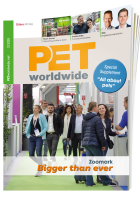



 1-2/2007
1-2/2007
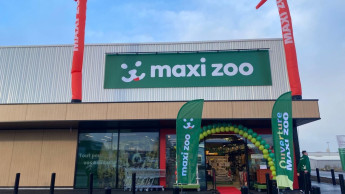


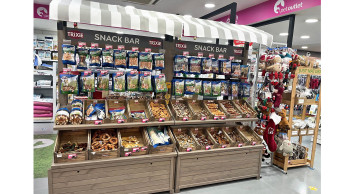
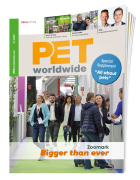
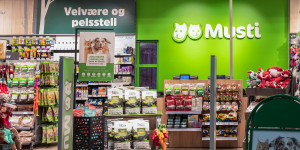

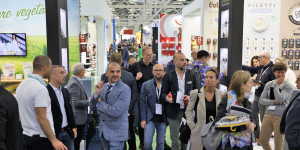

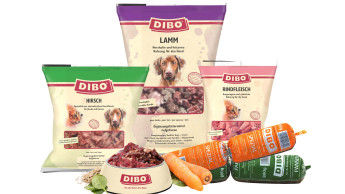

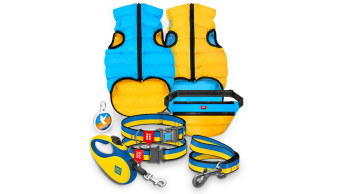
 Newsletter
Newsletter